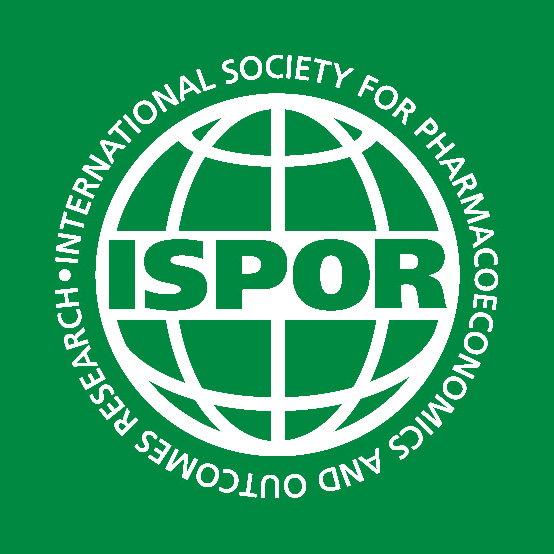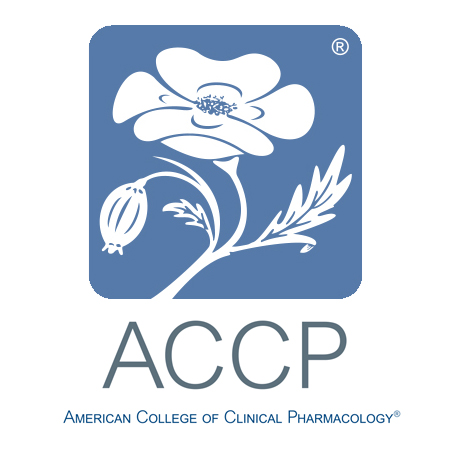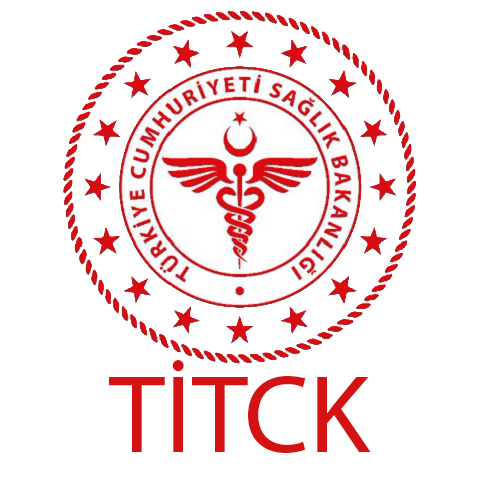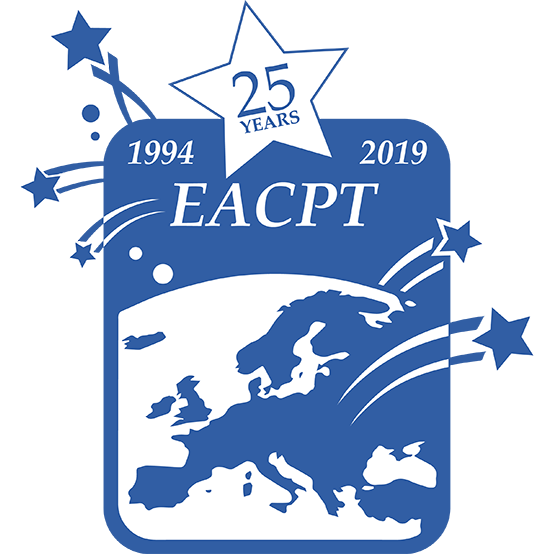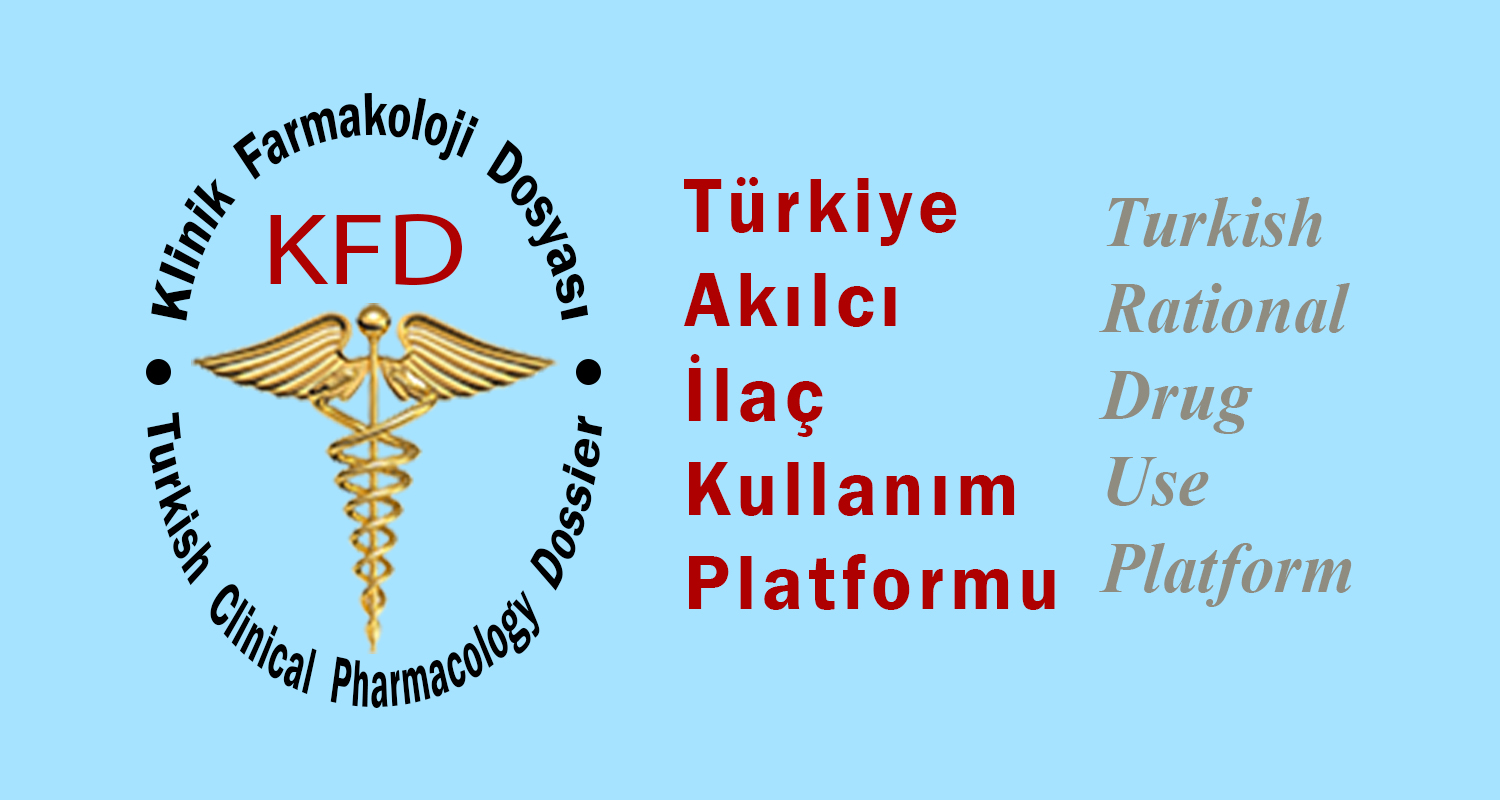
Prof. Dr. F. Cankat Tulunay, EACPT onursal başkanı ve Türkiye Akılcı İlaç Kullanım Platformu Başkanı
İLAÇ SANAYİİ Mİ, UYUŞTURUCU MAFYASI MI?? KİM DUR DİYECEK??
Son senelerde Türkiye süratle uyuşturucu bataklığına saplanmaktadır. Tedavisi olmayan bu illet daha kaç can alacak, nelere mal olacak? Bir taraftan mafya ve uyuşturucu kartelleri her türlü bitkisel ve sentetik uyuşturucu ile Türk halkını zehirlerken, diğer taraftan sözde reçeteli ilaçlarla Türkiye uyuşturucu batağına atılmakta ve maalesef buna mani olması gereken kurum bir taraftan hiçbir klinik araştırması yapılmamış, biyoyayarlanımı bilinmeyen ilaçlara ruhsat verirken diğer taraftan iptila yaptığı çok iyi bilinen pregabalin gibi ilaçlarım serbestçe satılmasına müsaade etmektedir.
Kanserli hastaların ağrılarında 2. Basamak tedavisi için beyaz reçeteli olması tavsiye edilen kodein ilaç firmaları tarafından suiistimal edilerek her türlü ağrı tedavisi için piyasaya sürülmüş ve TİTCK buna bilerek göz yummuştur. 300 mg parasetamol+30 mg kodein bağımlılık yapmaktan başka ne işe yarar? 300 mg parasetamol analjezik olarak etkisiz dozdur ve 30 mg kodein bunun analjezik etkisini artırmaz. ABD ve İngiltere gibi ülkelerde 8 mg kodein bile ihtiva eden ilaçların prospektüslerinde ‘’bu ilaç iptila yapar’’ uyarısı olduğu halde kodeinin bağımlılık yapıcı etkisi Türkiyedeki ürünlerde satır aralarında saklanmıştır. Örneğin İngilterede Boots ilaç 500 mg parasetamol+8 mg kodein için prospektüsünde ‘’This medicine contains codeine which can cause addiction , kodein ihtiva eden bu ilaç iptila yapabilir’’ yazmakta. Sekiz mg kodein için uyarı koyan ülkeler herhalde bu işi bilmiyorlar!!!! (http://www.boots.com/boots-paracetamol-and-codeine-tablets-32-tablets-10...).
TÜRKİYEDE HALK DEVLET ELİYLE UYUŞTURUCUYA ALIŞTIRILIYOR MU? İLAÇ KARTELİ ÜÇ KURUŞ KAR İÇİN HALK SAĞLIĞINI HİÇE Mİ SAYIYOR??
Bütün dünya reçeteli uyuşturucu problemi ile uğraşırken Türkiye bu konuda, narkotik polis hariç, hemen hiçbir şey yapmamakta. Bol keseden, biyoyararlanımı ve klinik etkinliği bilinmeyen ilaçlara ruhsat verilirken, sözde ‘’ UYUŞTURUCU İLE MÜCADELE YÜKSEK KURULU’’ koordinatör bakanlığı olan Sağlık Bakanlığı reçeteli uyuşturucular ve bağımlılık yapan ilaçlar hakkında hiçbir işlem yapmamıştır. Bu kurumun 2015 raporunda yine reçeteli uyuşturucular ile ilgili tek bir satır yoktur (http://www.necdetunuvar.com.tr/FileUpload/bs445985/File/umk_faaliyet_rap...). Sayın kurul üyeleri keşke ‘’Avrupa Uyuşturucu ve Uyuşturucu Bağımlılığı İzleme Merkezi (EMCDDA) ile Amerika Kıtası Devletleri Organizasyonu Amerika Kıtası Uyuşturucu Bağımlılığı Kontrol Komisyonu’nun (CICAD-OAS), Ulusal uyuşturucu izleme merkezi kurulması: ortak el kitabını okusalar!! ‘’ (http://www.emcdda.europa.eu/system/files/publications/581/TD3110496TRC_298088.pdf_en’’)
İngilterede son 10 yılda reçeteli opioid (morfin, kodein vs) kullanımı %400 artarken antidepressan reçeteleri %500 artmıştır (BMJ, Şubat 2017). B.Good ve C Ford İngilterede kodeinli OTC ilaç bağımlılığında büyük artış olsuğunu ve bunun kesin rakamlarının tesbit edilemediğini belirterek son 3 ayda NUROFEN PLUS’a bağlı (200 mg ibuprofen ve 12.8 mg kodein fosfat) üç hastada kodein iptilası bulduklarını, SOLPADEİNE (500 mg parasetamol + 8 mg Kodein) isimli ilaca bağlı 4000 den fazla kişide iptila problemi olduğunu bildirmişler (Over the counter drugs can be higly addictive, BMJ, 334: 917, 2007). İngilteredeki ilaç suiistimali ve ilaç iptilası ile ilgili 2017 istatistikleri https://www.gov.uk/government/statistics/statistics-on-drug-misuse-england-2017 sayfasında detaylı bir şekilde bulunabilir.
D. Spence (BMJ, 2013, 20 Mart) ABD de olduğu gibi İngilterede de reçeteli ilaç iptilası epidemisi olduğunu ve kodeinli kombinasyonların yaygın bir şekilde kullanıldığını belirterek 500 mg parasetamol + 30 mg kodein ihtiva eden ürünlere bağlı çok ciddi bağımlılık problemi olduğunu ve hastaları kolaylıkla tavsiye edilen dozlardan çok fazlasını kullandığını ve kodeinden kurtulmak için destek kurumlarının çaba harcadığın bildirmekte (http://codeinefree.me.uk/).
Avusturalya da codeine bağlı ölümler 2000-2009 arasında 10 mislinden fazla artmıştır ki bu oran heroin ölümlerine eşittir. Ölümlerin çoğu parasetamol, ibuprofen ve/veya doksilamim ile beraber kullanılan codeine bağlı, yaşlı ve kadınlarda daha fazla. Bu sebeple Avusturalya hükümeti reçetesiz satılan ilaçlardaki 10 mg dozdaki kodeini dahi reçeteli-kontrollu ilaç sınıfına almakta (Therapeutic Goods Administration. Proposal for the re-scheduling of Codeine products. Canberra: Department of Health, 2015.). Bu konudaki Avusturalya Hükümetinin 12 Ekim 2017 tarihli raporu aşağıdadır. Umarız en azından İngilizce bilen TİTCK bürokratları ve ilgili komisyon üyeleri bu raporu dikkatli bir şekilde okurlar.
Kodein iptilasını ciddiye alan İngiltere ‘’ Medicines and Healthcare products Regulatory Agency, MHRA’’ kodein ve dihydrokodein ihtiva eden (en düşük dozları dahil) ilaçlarını kutularının ön yüzünde ‘’iptila yapabilir, en fazla 3 gün kullanılır’’ ibaresi konulması mecburiyetini getirmiştir (Guidance on the development of artwork in relation to medicines containing codeine and dihydrocodeine, 2009). Türkiyede ise değil kutularda, prospektüslerde bile iptila yapıcı etki TİTCK komisyonları tarafından satır aralarına saklanmıştır. Halbuki bu etkinin ilacın kutusuna ve prospektüsüne büyük harflerle yazılması gerekir.
ABD de de durum farklı değildir ( ABD de reçeteli ilaç iptilası, Financial Times, https://www.ft.com/content/4bc03acc-915e-11e7-a9e6-11d2f0ebb7f0?mhq5j=e5). Reçeteli ilaçlara bağlı aşırı doz ölümleri eroin ve kokain aşırı doz ölümlerinden daha fazladır. 2010 Yılında 16.000 kişi yalnız reçeteli opioid ağrı kesicileri sebebi ile ölmüştür. 1999-2015 Yılları arası ABD de 183.000 Amerikalı reçeteli opioid aşırı dozundan ölmüştür. CDC, ABD de 2.6 milyon kişinin bu ilaçlara iptilası olduğunu ve toplam legal pazarın 8.5 milyar dolar olduğunu bildirmekte. ABD senatosu konuyu gündeme alırken (https://www.mccain.senate.gov/public/index.cfm/2017/4/senators-mccain-gi...), başkan Thrump ABD de reçeteli ilaç iptilası konusunda acil durum ilan etmiştir (https://www.whitehouse.gov/the-press-office/2017/08/08/press-briefing-op...). Akut ve kronik ağrı tedavisi için kanun çıkartılmıştır (NEW PRESCRIBING LAW FOR TREATMENT OF ACUTE AND CHRONIC PAIN (https://www.njafp.org/content/new-prescribing-law-treatment-acute-and-ch...). İngilterede kodeinli ilaçlar için 5-17 sene hapis cezası konulmuştur (https://www.gov.uk/penalties-drug-possession-dealing).
Reçeteli ilaçlarla ilgili iptila ve bağımlılık için ‘’ All Party Parliamentary Group for Prescribed Drug Dependence.’’ sayfasını ziyaret edebilirsiniz (http://prescribeddrug.org/).
NOT: Konu ile ilgili olarak bir firmaya yazdığım ve hiçbir cevap alamadığım müracaatım aşağıdadır. Umarım gerek TİTCK gerekse ilgili firmalar bana, doktorlara ve hastalara uygun bir cevap verirler.
Sayın Olcay Gündüz 14 Eylül 2017
Genel Müdür, Biofarma
Sayın Gündüz, hazırlamakta olduğum bir yazı için sizin Geralgin Plus ve Geralgin K, isimli ürününüzle ilgili bazı bilgilere ihtiyacım oldu. Bu hususta yardım edebilirseniz çok memnun olacağım.
1. Bu ilaçların biyoeşdeğerlik veya biyoyararlanımları nasıldır?
2. Bu ürünlerle ilgili tarafınızdan yapılmış veya yaptırılmış bir klinik çalışma varmıdır?
3. Her iki ürün yüksek doz kodein ihtiva etmesine rağmen ben prospektüslerinde bu konuda ciddi bir uyarı göremedim. Bildiğiniz gibi kodein iptila yapıcı bir afyon türevidir ve ciddi bağımlılık potansiyeli vardır. Özellikle prospektüste belirttiğiniz pozolojinin kaynağı nedir.
Yardımlarınız için teşekkür ederim. Saygılarımla
Prof. Dr. F. Cankat Tulunay
Tİ Üniversitesi Tıp Fakültesi Farmakoloji ABD
Türkiye Akılcı İlaç Kullanma Platformu Başkanı
KODEİNİ VE ZARARLARINI, 30 MG DAN DÜŞÜK DOZLARDAKİ KODEİNİN İPTİLADAN BAŞKA İŞE YARAMADIĞINI, ÖĞRENMEK İSTEYEN BÜROKRAT, İLAÇ SANAYİİ MENSUPLARI, DOKTOR VE ECZACILAR İÇİN AVUSTURALYA HÜKÜMETİ SAĞLIK OTORİTESİNİN 12 EKİM 2017 TARİHLİ RAPORUNU OKUYABİLİRLER.
Codeine information hub
Changes to patient access for medicines containing codeine
12 October 2017
No therapeutic product is ever completely risk free. Some risks may be known when a medicine or medical device is first entered on the Australian Register of Therapeutic Goods (ARTG). However, some information only comes to light after more people use the products.
What's changing and why?
What's changing?
From 1 February 2018, medicines containing codeine will no longer be available without a prescription.
Why is access to low-dose codeine-containing medicines changing?
Some Australians don't realise how much harm codeine can cause.
Codeine is an opioid drug closely related to morphine and, like morphine, is derived from opium poppies.
Research shows that current over-the-counter low-dose (<30 mg) medicines containing codeine for pain relief offer very little additional benefit when compared to similar medicines without codeine. The use of such medicines however, is associated with high health risks.
Codeine can cause opioid tolerance, dependence, addiction, poisoning and in high doses, even death. Regular use of medicines containing codeine, for example for chronic pain, has led to some consumers becoming addicted to codeine without realising it. The risks associated with codeine use are too high without oversight from a doctor. See 'Codeine use can be harmful' and 'How and where to get advice' below.
Further information on the reasons for the change to codeine access can be found on the TGA website: Scheduling delegate's final decision: codeine, December 2016
Resources for the community
• Frequently asked questions about Codeine
• Fact sheets
o Community fact sheet: Codeine-containing medicines: Harms and changes to patient access
o Community fact sheet: Codeine access for rural and remote Australians
• How and where to get advice
o Chronic pain management
o National support services
o State and territory support services
Resources for health professionals
• Fact sheets
o Pharmacist fact sheet: Talking to your patients about the changes to codeine access
• Tips for talking about codeine
o Tips for talking about codeine: Guidance for health professionals with prescribing authority
o Tips for talking about codeine: Guidance for pharmacists
o Tips for talking about codeine: Guidance for pharmacy assistants
• Codeine harm literature
• Education resources for health professionals
Resources for wholesalers, sponsors and retail pharmacies
• Codeine stock management for wholesalers, sponsors and retail pharmacies
• Codeine Industry Forum
• Sponsor fact sheet: Changes to advertising for medicines containing codeine
• Frequently asked questions - industry sponsors of codeine-containing products
Explore this page to find out more about the TGA's recent decision regarding medicines which contain codeine.
Show more information about Codeine use can be harmful
Most Australians are unaware that over-the-counter medicines containing codeine for pain relief offer very little additional benefit when compared with - medicines without codeine. The use of such medicines however, is associated with high health risks, such as developing tolerance or physical dependence on codeine.
Tolerance occurs when codeine becomes less effective and so the body needs higher and higher doses to feel the same relief from your symptoms. Severe withdrawal symptoms can result when the medicine is stopped; these include head and muscle aches, mood swings, insomnia, nausea and diarrhoea. Some of these withdrawal symptoms, such as head or muscle aches mimic the symptoms that low-dose codeine products are often used to treat, leading to people incorrectly continuing to take the medicine longer or in higher doses.
Codeine poisoning contributes to both accidental and intentional deaths in Australia. The codeine-containing medicines that are currently available over-the-counter are usually combined with either paracetamol or ibuprofen. Long term use of high doses of paracetamol can also result in liver damage and the most severe adverse effects of long term ibuprofen use include serious internal bleeding, kidney failure and heart attack.
Codeine is also sometimes used in medicines to relieve the symptoms of cough and cold, however there are safer and more effective medicines available that may provide relief from these conditions. Talk to your pharmacist or doctor for advice on what may be best for you.
Further information on the health risks of low-dose codeine medicines can be found on the TGA website:
• George report: Review of the efficacy and safety of over-the-counter codeine containing analgesics for pain and codeine based antitussives
• Safety review: Codeine use in children and ultra-rapid metabolisers
• Codeine RIS
Additional information on codeine harm can be found on:
• NPS MedicineWise website:
Codeine-related deaths: a cause for concern(link is external)
• the ScriptWise website: Codeine(link is external)
• Australian Medical Association:
o Codeine - The facts(link is external)
o Harmful effects of codeine(link is external)
o Why codeine should be prescription only(link is external)
o Expert quotes regarding codeine(link is external)
Codeine harm literature
Recent:
• AMA, Australian Medicine Special Edition, 'The facts about codeine: AMA backs the independence of the TGA(link is external)', October 2017.
• Australian Institute of Health and Welfare 2017, National Drug Strategy Household Survey 2016: detailed findings. Drug Statistics series no. 31. Cat. No. PHE 214. Canberra: AIHW
• Mill D, Johnson J, Cook V, Monaghan E and Hotham E (2017) 'Counting the cost of over-the-counter codeine containing analgesic misuse: A retrospective review of hospital admissions over a 5 year period', Drug and Alcohol Review, DOI" 10.1111/dar.12595.
All:
• Australian Institute of Health and Welfare 2014. National opioid pharmacotherapy statistics 2013. Drug treatment series no. 23. Canberra: AIHW.
• Australian Institute of Health and Welfare 2017, National Drug Strategy Household Survey 2016: detailed findings. Drug Statistics series no. 31. Cat. No. PHE 214. Canberra: AIHW
• Busto UE, Sproule BA, Knight K, Romach MK, Sellers EM (1998) 'Severe dependence on oral opiates', Can J Clin Pharmacol, 5, 23-28.
• Cairns R, Brown JA, Buckley NA (2016) 'The impact of codeine re-scheduling on misuse: a retrospective review of calls to Australia's largest poisons centre', Addiction, 111, 1848-1853.
• Dobbin M, Tobin C (2008) 'Over-the counter (OTC) ibuprofen/codeine analgesics: misuse and harm (pdf,8.26Mb)', Victorian Department of Health, Melbourne.
• Dutch MJ. (2008) 'Nurofen Plus misuse: an emerging cause of perforated gastric ulcer', Med J Aust, 188, 56-57.
• Ferguson L, Clarke I, Fisher A, Legg G, Batey R (2010) 'Over the counter and into the grave: morbidity and mortality related to NSAIDS with codeine dependence', APSAD Conference Drug and Alc Rev, 29 (Suppl. 1), 2-82.
• Fitzpatrick L (2016) 'Is codeine too easy to get in Australia? These young addicts think so(link is external)' Vice. Posted online 5 May 2016. Accessed 25/11/2016
• Frei MY, Nielsen S, Dobbin MDH, Tobin CL (2010) 'Serious morbidity associated with misuse of over-the-counter codeine-ibuprofen analgesics: a series of 27 cases', Med J Aust, 193, 294-296.
• Iedema J (2011) 'Cautions with codeine', Australian prescriber, 34, 133-135.
• Kliner DJ, Pickens R (1982) 'Indicated preference for drugs of abuse', Int J Addict, 17, 543-547.
• McDonough MA (2011) 'Misuse of codeine-containing combination analgesics', Medical Journal of Australia, 194, 486.
• Mill D, Johnson J, Cook V, Monaghan E and Hotham E (2017) 'Counting the cost of over-the-counter codeine containing analgesic misuse: A retrospective review of hospital admissions over a 5 year period', Drug and Alcohol Review, DOI" 10.1111/dar.12595.
• Monheit B, Pietrzak D, Hocking S. (2016) 'Prescription drug abuse - A timely update(link is external)', Australian Family Physician, 45, 862-866.
• Nielsen S, Cameron J, Pahoki S (2010) 'Over the counter codeine dependence: final report (pdf,1.42Mb)(link is external)'.
• Noble M, Treadwell, JR, Tregear, SJ, et al. (2010), 'Long-term opioid management for chronic non-cancer pain', Cochrane Database Syst Rev, (1).
• Pilgrim J, Dobbin M, Drummer OH (2013) 'Fatal misuse of codeine-ibuprofen in Victoria, Australia', Med J Aust, 199(5), 329-330.
• Robinson G. et al. (2010) 'Misuse of over-the-counter codeine-containing analgesics: dependence and other adverse effects', New Zealand Journal of Medicine, 123, 59.
• Rowden AM, Lopez JR. (1989) 'Codeine addiction', Ann Pharmacother, 23, 475-477.
• Roxburgh A, Hall W, Burns L, Pilgrim J, Saar E, Nielsen S (2015) 'Trends and characteristics of accidental and intentional codeine overdose deaths in Australia', Med J Aust, 203(7).
• Shaheed, CA, Maher CG, McLachlan, A (2016) 'Investigating the efficacy and safety of over-the-counter codeine-containing combination analgesics for pain and codeine based antitussives' 21 March 2016. (this report is also referred to as the 'George Institute Report').
• Sproule BAP, Busto UEP, Somer GM, et al. (1999) 'Characteristics of dependent and nondependent regular users of codeine', J Clin Psychopharmacol, 19, 367-372.
• Therapeutic Goods Administration (TGA) (2012) 'Safety and efficacy of registered over-the-counter (OTC) cough and cold medicines for children aged 2-12 years'.
• Therapeutic Goods Administration (TGA) (2015) 'Safety review on codeine use in children and ultra-rapid metabolisers', October 2015.
• Yue QY et al. (1997) 'Quantification of the O- and N-demethylated and the glucuronidated metabolites of codeine relative to the debrisoquine metabolic ratio in urine in ultrarapid, rapid, and poor debrisoquine hydroxylators', Ther Drug Monit, 19, 539-542.
• Zahari A, Ismail R (2014) 'Review: Influence of cytochrome P450, Family 2, Subfamily D, polypeptide 6 (CYP2D6) polymorphisms on pain sensitivity and clinical response to weak opioid analgesics', Drug Metabolism and Pharmacokinetics, 29, 29.
Show more information aboutHow and where to get advice
Show more information aboutNational Codeine Communication Strategy
Show more information aboutEducation resources for health professionals
Contact details
For further information about changes to codeine scheduling:
• Email: info@tga.gov.au(link sends e-mail)
• Phone: 1800 020 653 (freecall within Australia)
Related information
• Frequently asked questions about Codeine
• Scheduling delegate's final decision: codeine, December 2016
• Consultation: Proposed Amendments to the Poisons Standard - ACMS meeting, July 2015
• Scheduling delegate's interim decision and invitation for further public comment: ACMS, October 2015
• Scheduling delegate's deferral of final scheduling decision
• Further consultation: Proposed amendments to the Poisons Standard (Codeine) – ACMS meeting March 2016
• Public submissions on the initial codeine scheduling proposal
• Further public submissions on matters referred to the ACMS #15
• Public submissions of the other scheduling options for codeine referred to the March 2016 ACMS
• George report: Review of the efficacy and safety of over-the-counter codeine containing analgesics for pain and codeine based antitussives
• Safety review: Codeine use in children and ultra-rapid metabolisers
• ACSOM meeting statement, Meeting 28, 10 July 2015
• Codeine RIS
• Codeine economic modelling (KPMG) report
Category:
Scheduling, Medicines safety
Tags:
analgesics/pain killers
URL:
https://www.tga.gov.au/node/753795

